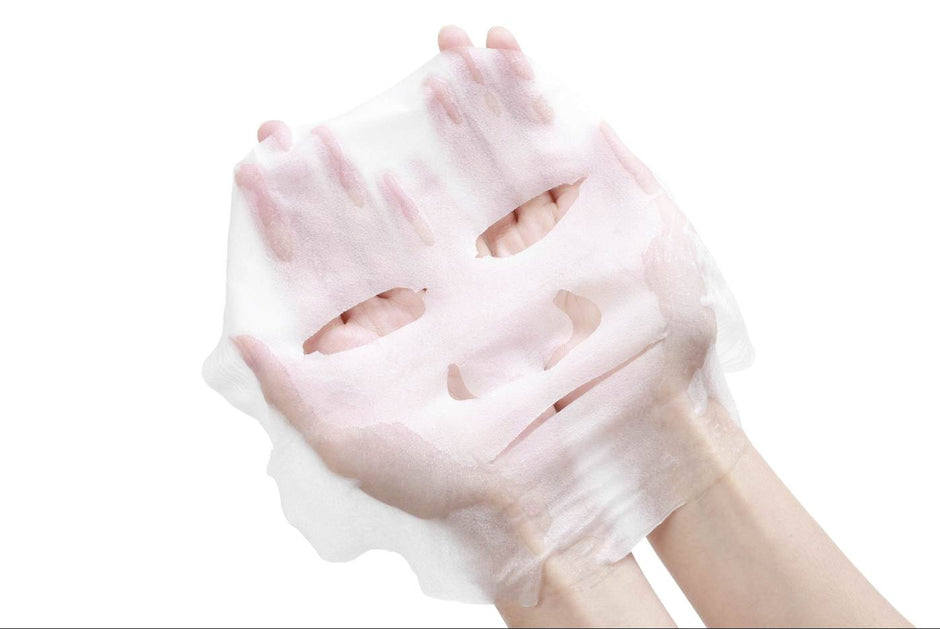Collagen is a key structural protein that keeps skin firm, elastic, and youthful. As we age, collagen production decreases, leading to wrinkles, sagging, and loss of skin elasticity. Fortunately, several skincare ingredients can help stimulate collagen production, ranging from highly potent actives to more gentle options. Here's a breakdown from the strongest to the mildest collagen-boosting ingredients:
1. Retinoids (Retinol, Retinaldehyde, and Tretinoin)
Potency: High
Retinoids are derivatives of Vitamin A, known as the gold standard for stimulating collagen production. Prescription-strength retinoids like tretinoin are the most potent, while over-the-counter options like retinol and retinaldehyde offer milder, yet still effective, results. Retinoids accelerate cell turnover, improve skin texture, and encourage collagen synthesis, making them a top choice for anti-aging.
Best for: Aging skin, deep wrinkles, and fine lines.
Downside: Can cause irritation, dryness, and sensitivity, especially when first introduced.
2. Vitamin C (L-Ascorbic Acid)
Potency: High
Vitamin C is a powerful antioxidant that plays a crucial role in collagen synthesis. It helps neutralize free radicals that break down collagen and promotes the production of new collagen fibers. L-Ascorbic Acid is the most effective form of Vitamin C, but other stabilized forms (such as sodium ascorbyl phosphate) can also work well.
Best for: Brightening the skin and reducing fine lines.
Downside: Can be unstable and irritating in high concentrations.
3. Peptides
Potency: Medium to High
Peptides are short chains of amino acids that act as building blocks for collagen and other proteins. Signal peptides, in particular, send messages to skin cells to increase collagen production. Copper peptides are especially well-regarded for their ability to heal skin and stimulate collagen growth.
Best for: Firming and plumping the skin.
Downside: Results can be slower compared to stronger actives like retinoids.
4. Alpha Hydroxy Acids (AHAs)
Potency: Medium
AHAs, such as glycolic acid and lactic acid, work by exfoliating the skin and promoting cell turnover. By removing dead skin cells, AHAs improve the appearance of fine lines and boost collagen production over time. Glycolic acid, in particular, has been shown to enhance collagen synthesis in deeper layers of the skin.
Best for: Smoothing skin texture and addressing mild signs of aging.
Downside: Can cause mild irritation and sun sensitivity.
5. Bakuchiol
Potency: Medium
Bakuchiol is a plant-based, natural alternative to retinol. It provides similar anti-aging benefits, such as collagen stimulation and wrinkle reduction, but with less risk of irritation. Bakuchiol is ideal for those with sensitive skin who want the benefits of retinol without the side effects.
Best for: Sensitive skin and early signs of aging.
Downside: Slower results compared to retinoids.
6. Growth Factors
Potency: Medium
Growth factors are proteins naturally found in the skin that regulate cell turnover and repair processes. In skincare, growth factor serums can help improve collagen production, promote healing, and reduce the signs of aging.
Best for: Skin rejuvenation and repair.
Downside: Typically more expensive and results may vary.
7. Hyaluronic Acid
Potency: Mild
While hyaluronic acid (HA) itself doesn’t directly stimulate collagen production, it plays a vital role in keeping skin hydrated and plump, which supports an optimal environment for collagen production. HA helps maintain skin elasticity and enhances the penetration of other collagen-boosting ingredients.
Best for: Hydrating and plumping the skin.
Downside: Needs to be paired with other ingredients for collagen production.
8. Niacinamide (Vitamin B3)
Potency: Mild
Niacinamide is a gentle, multi-functional ingredient that helps improve skin texture, reduce fine lines, and enhance the skin’s barrier function. While its collagen-stimulating effects are milder compared to retinoids or Vitamin C, niacinamide works well in combination with other actives.
Best for: Sensitive skin, early signs of aging, and overall skin health.
Downside: Milder effects on collagen production compared to stronger ingredients.
Conclusion
For those seeking a more aggressive approach to collagen production, retinoids and Vitamin C offer powerful results. Peptides and AHAs provide effective, yet gentler alternatives, while ingredients like bakuchiol and niacinamide are excellent for sensitive skin or those new to anti-aging routines. By incorporating one or more of these ingredients into your skincare regimen, you can support collagen production and maintain youthful, resilient skin.




